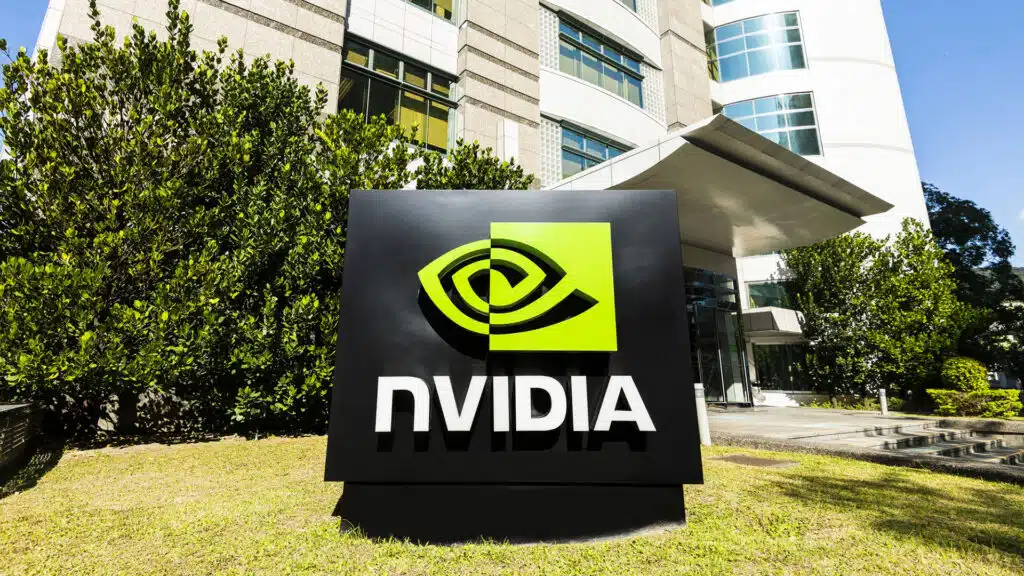The News: Intel and ASUS announced in a recent blog post that ASUS is using Intel’s 11th Generation Intel Core Processor to power its ASUS EndoAIM Endoscopy System, which assists gastroenterologists and gastrointestinal surgeons in identifying and classifying real-time colonoscopy images leveraging AI. Read the Intel blog post for more information.
Intel and Asus: Letting AI Fly Can Save Lives

Analyst Take: A key market for AI-based solutions is the business-to-business (B2B) sector, where working professionals are leveraging AI to augment their job functions as an extra guide, which is key for critical areas such as medical diagnostics that can mean life or death. To help healthcare organizations speed up and improve their diagnostic care, ASUS is leveraging the Intel 11th Generation Intel Core Processor to power its ASUS EndoAIM Endoscopy Systems, which help diagnostic professionals discern between polyps that are areas of concern versus those that are not.
The Market for AI-based Medical Diagnostics
The market for AI-based medical diagnostics is on the rise and is projected to grow north of a 20% compound annual growth rate (CAGR) over the next several years. The following are key catalysts for AI-based medical diagnostics.
- Aging Populations: Growth of aging populations that represent significant portions of populations in North America, Asia Pacific, and EMEA.
- Reducing Miss Rates: Augment the radiologist in identifying potential areas of concern that can sometimes be missed. In fact, AI-assisted colonoscopies reduce the miss rate by 50%. Thus, AI-infused medical devices can also be part of the organization’s risk mitigation strategy.
- Margin Accretion Strategy: Radiology is one of the highest-margin departments of the hospital. Therefore, it also behooves management teams at the hospital to adopt AI-infused solutions that will help accelerate traffic.
Intel and Asus Collaboration
To help ASUS come up with an optimal solution for its clients, both Intel and ASUS collaborated and decided to come up with a smaller form factor to conserve space coupled with using the Intel 11th Generation CPU featuring Intel Iris X graphics.
The ASUS EndoAIM Endoscopy System helps diagnostic professionals discern between polyps that are areas of concern by classifying abnormalities by taking out the guesswork. To help ASUS fine-tune the ASUS EndoAIM Endoscopy device to find those abnormalities, Intel engineers leveraged its OpenVINO open-source software toolkit to quickly develop code to accelerate the development of the ASUS EndoAIM Endoscopy device.
This is an excellent win and use case for Intel, ASUS, and AI since the ASUS EndoAIM Endoscopy device will augment diagnostic teams and undoubtedly save lives in the future since AI-assisted colonoscopies reduce the miss rate by 50%.
Disclosure: The Futurum Group is a research and advisory firm that engages or has engaged in research, analysis, and advisory services with many technology companies, including those mentioned in this article. The author does not hold any equity positions with any company mentioned in this article.
Analysis and opinions expressed herein are specific to the analyst individually and data and other information that might have been provided for validation, not those of The Futurum Group as a whole.
Other insights from Futurum Research:
Intel Meteor Lake: Placing Bets on On-Device AI






